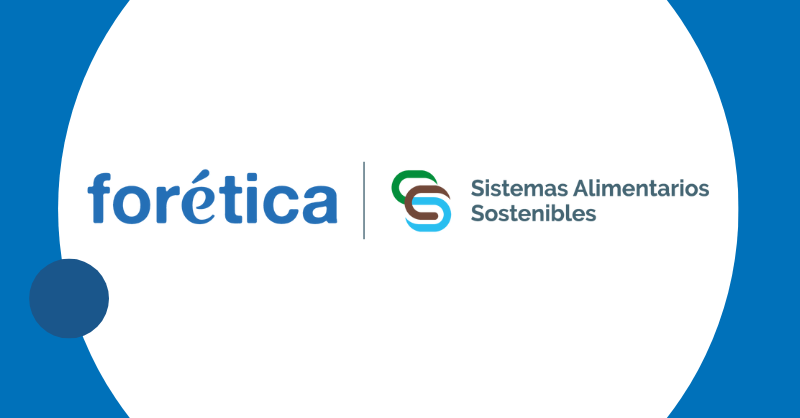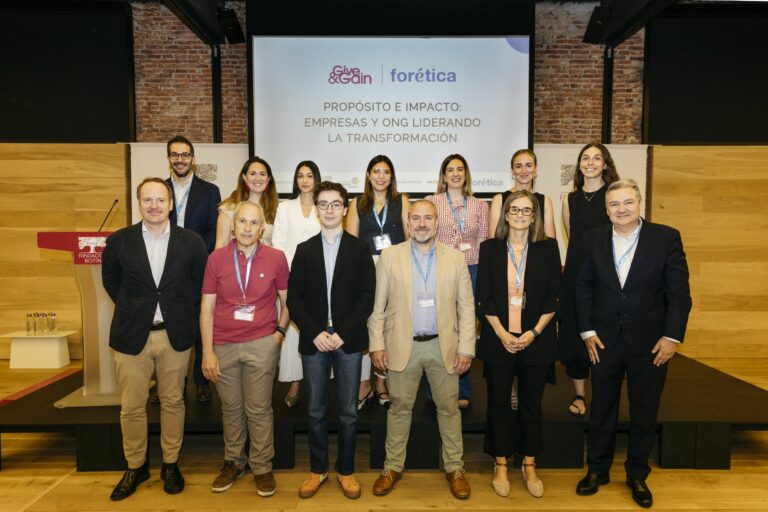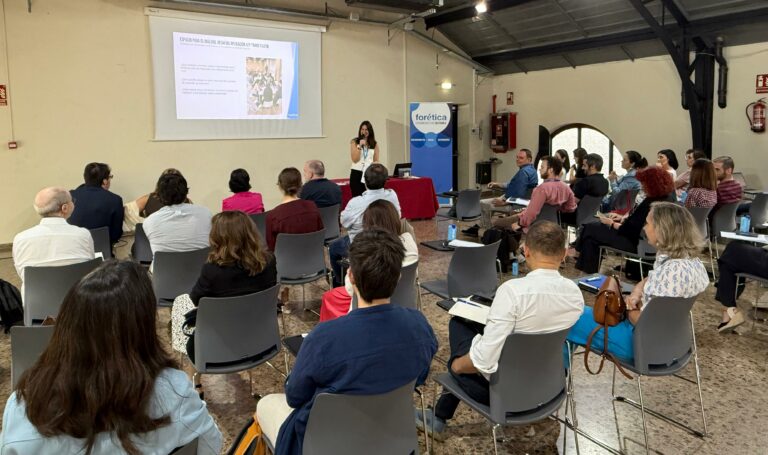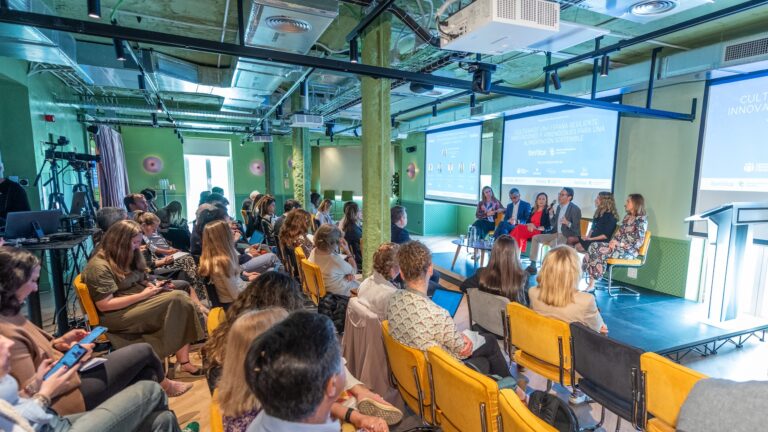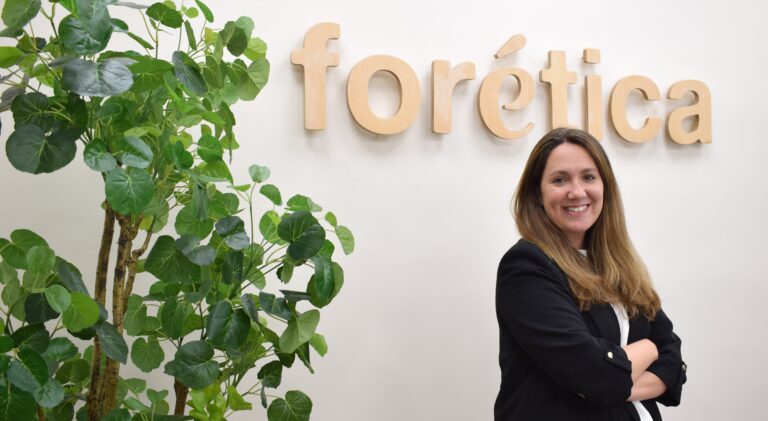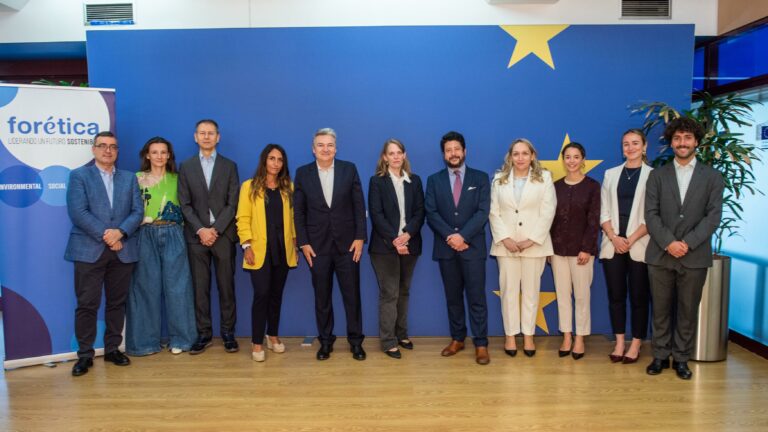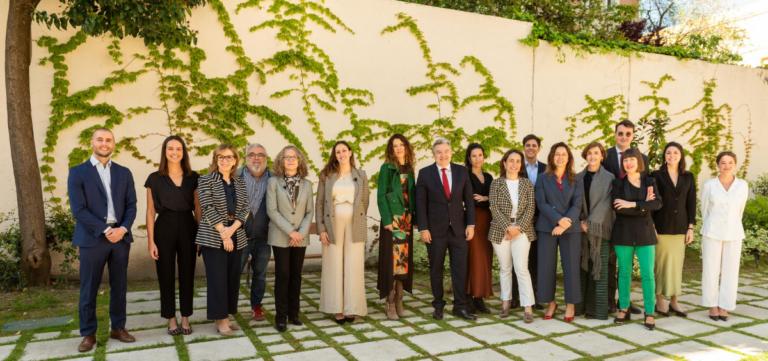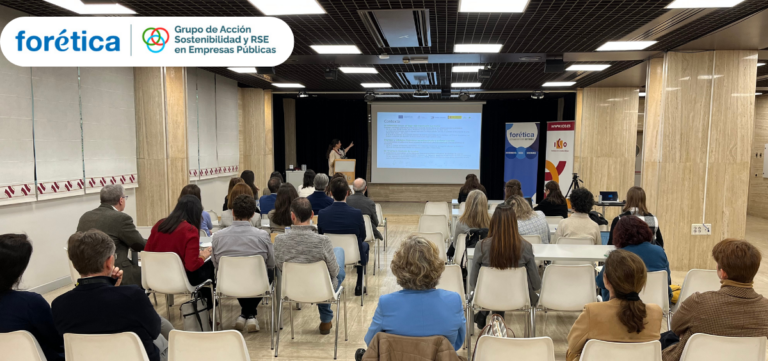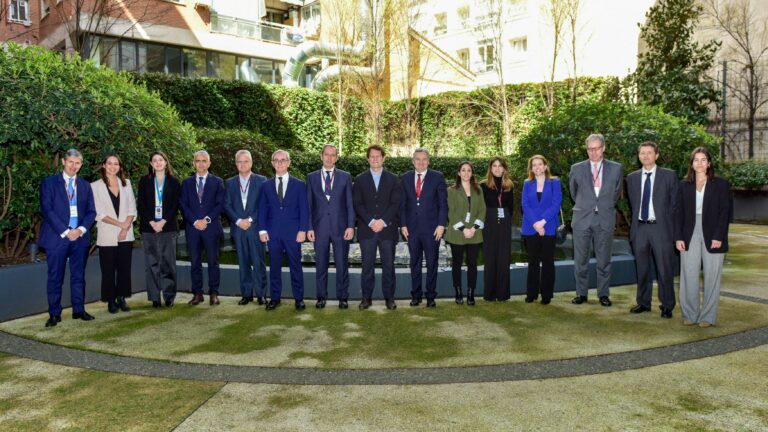- En su segunda reunión anual, la iniciativa Sistemas Alimentarios Sostenibles -liderada por Forética y compuesta por 19 empresas y organizaciones- ha analizado el impacto para el sector alimentario del llamado ‘greenwashing’ y la importancia de la creación de valor para todos los eslabones de la cadena alimentaria
La iniciativa Sistemas Alimentarios Sostenibles -plataforma de trabajo sectorial liderada por Forética e impulsada por Grupo Cooperativo Cajamar, con el liderazgo de Grupo Calvo, Grupo Lactalis, HEINEKEN y Nestlé.y compuesta por 19 empresas y organizaciones- aborda dos grandes retos a los que se enfrenta el sector alimentario. Por un lado, el llamado ‘greenwashing’, que consiste en hacer afirmaciones poco precisas (o, incluso, falsas) sobre las propiedades ecológicas de productos o servicios con el fin de atraer la atención del consumidor. Por otro lado, los ‘trade-offs’ o costes de oportunidad de priorizar un aspecto frente a otro a lo largo de la cadena de valor de las empresas y la importancia de la creación de valor para todos los eslabones de la cadena.
La Comisión Europea estima que dentro de la Unión el 53% de las afirmaciones ecológicas brindan información vaga, engañosa o infundada y que el 40% de los mensajes no se sustentan con pruebas. Por ello, el ‘greenwashing’ es uno de los asuntos que más preocupa no solo a los consumidores comprometidos, sino también a un gran número de empresas que quieren aportar información sobre sostenibilidad en sus productos.
Como respuesta a esta situación, la Comisión ha comunicado en marzo de 2023 una nueva propuesta de Directiva sobre Reclamaciones Ecológicas, que complementa la propuesta de Directiva de marzo de 2022 sobre Capacitación de los Consumidores en la Transición Ecológica. La Directiva consta de una serie de medidas para que los consumidores sean correctamente informados de las cualidades de los productos y servicios que adquieren y para que puedan verificar dicha información.
Por otro lado, en el sector alimentario existen costes de oportunidad en asuntos como la sostenibilidad, el precio, la nutrición, la producción local frente al comercio internacional, entre otros. El ‘Observatorio sobre el sector agroalimentario español en el contexto europeo’, recientemente publicado por Grupo Cooperativo Cajamar, muestra algunos datos al respecto como que, en España, a pesar de que la productividad de la agricultura es un 32% superior a la media de la Unión Europea, el coste laboral en nuestro país está un 26% por debajo de la media.
La segunda reunión anual de Sistemas Alimentarios Sostenibles ha contado con la participación de Alicia Boyano, policy officer de la Dirección General de Medio Ambiente de la Comisión Europea, quien ha explicado la nueva regulación europea sobre ‘greenwashing’ y los impactos que tendrá para las empresas. Además, las empresas que forman parte de la iniciativa han aportado su visión sobre el reto que supone el ‘greenwashing’ para el sector y los costes de oportunidad a los que se enfrentan, así como las medidas para hacerles frente. Todo ello con el objetivo de definir, en conjunto con los representantes de la cadena de valor alimentaria, las claves y soluciones para la transición hacia un sistema alimentario sostenible a 2050.
La iniciativa Sistemas Alimentarios Sostenibles, impulsada por Forética, tiene como objetivo contribuir a la transformación sostenible del sector, a partir del liderazgo de las empresas para aumentar la ambición, acelerar la acción y potenciar las alianzas necesarias. En 2023, está impulsada por Grupo Cooperativo Cajamar con el liderazgo de Grupo Calvo, Grupo Lactalis, HEINEKEN y Nestlé, y está compuesta, a su vez, por las siguientes empresas y organizaciones: Alltech, Bayer, Coca-Cola Europacific Partners, Dia, Ebro, Fairtrade Ibérica, Gullón, Iberostar, IBM, ILUNION, SEO/BirdLife, Smurfit Kappa, Suntory y World Vision International.

